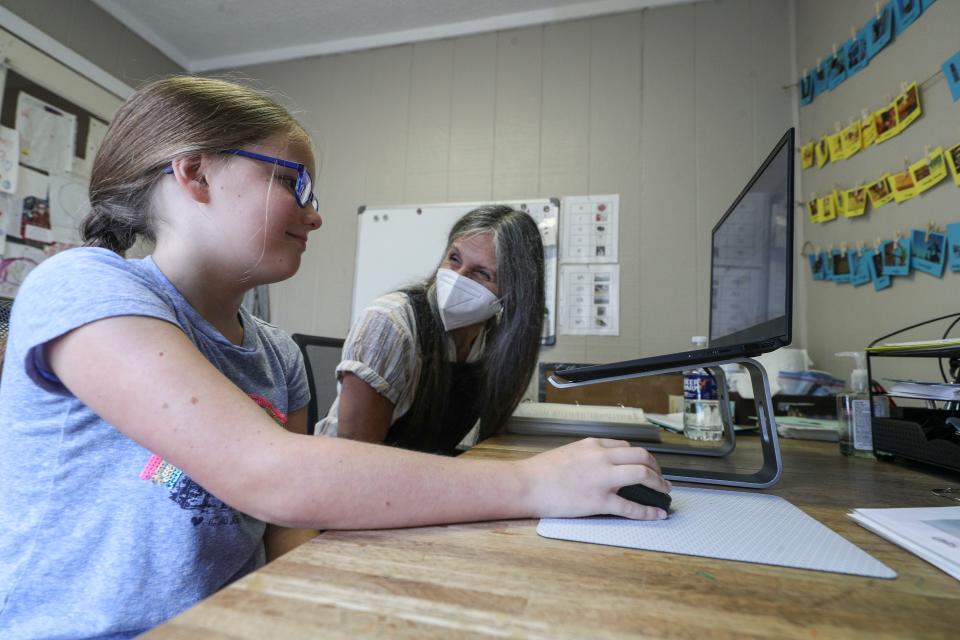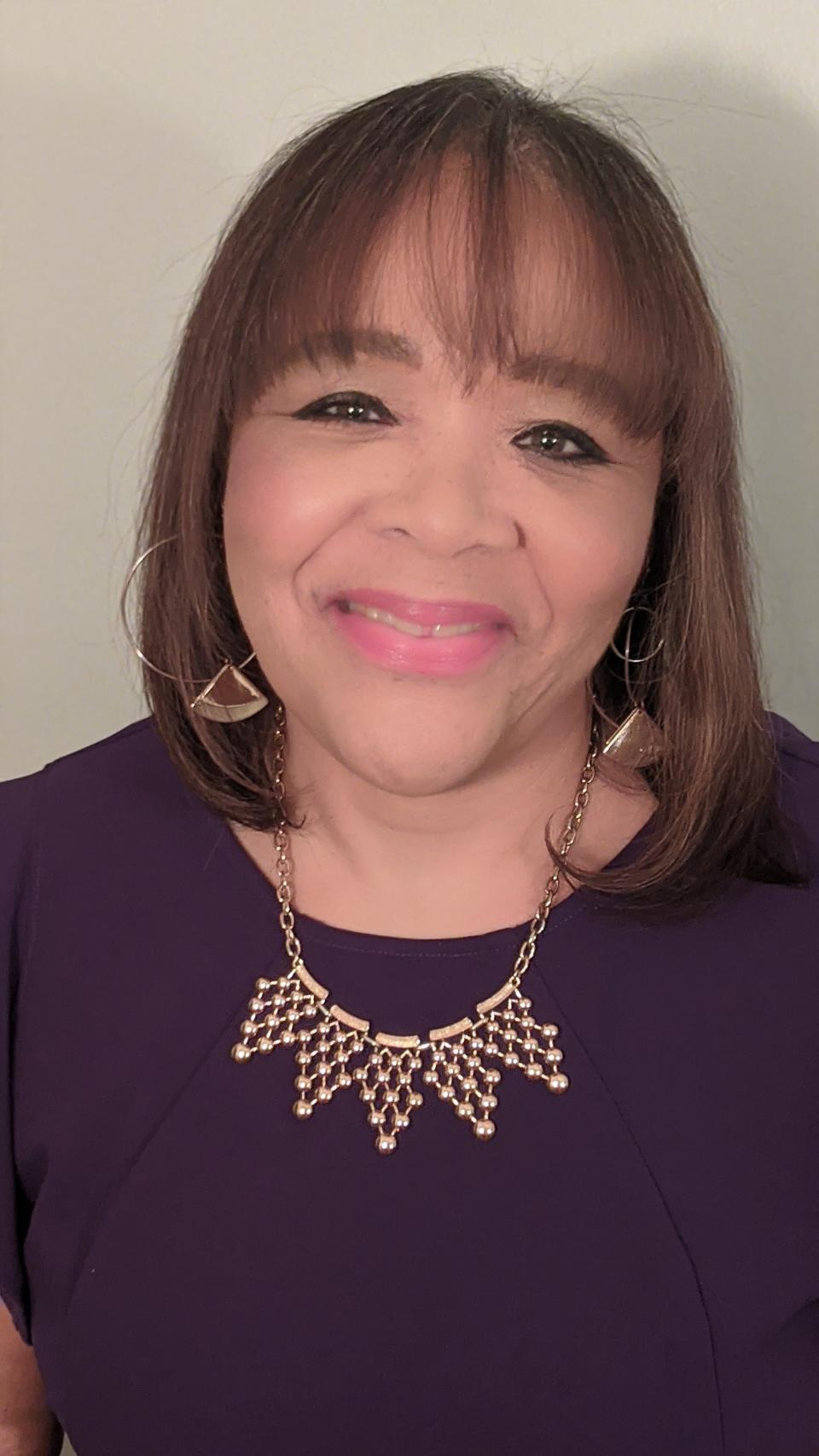The Science of Reading: Why it's time for a community outreach effort
It is important for children to learn how to read. This is a fact that few if any would deny. However, it is just as important for adults to understand how children learn to read and then support this learning process. Even this statement is challenging to deny because adults hold the key to children learning to read and are instrumental in children acquiring reading skills to excel as learners.
It is long overdue that our community steps into the gap of “reading illiteracy.” We need to call it what it is “illiteracy,” and then push for change. Generally, the word illiteracy is reserved for adults, and even then, it is declared a reprehensible word because it points to something being broken or incomplete. I attest, there is something wrong, something broken, and something incomplete, and we are in denial as well as looking in the wrong direction at what is wrong, broken and incomplete. The fact that we can uniformly attach the word “illiteracy” to someone (children or adults) in the richest and freest nation on the globe is baffling and this suggests that there is something wrong, broken and incomplete. However, it is not the low literate or illiterate that we should lay the blame on, it is a broken and incomplete system that continues to wrong our children.

Between the lines: Why Kentucky kids can't read
Consider the adults whose “reading literacy” is considered “illiterate.” These same adults were once children in a system that failed their reading literacy success. They didn’t become illiterate as a result of becoming an adult. Clearly, there were major flaws in the education services that they received. Although there are some issues that intersect with learning, they cannot be used as the primary reason children are not learning to read. Today, we are still traveling down that same bumpy road by accepting the bumps in the road as part of the journey when there are permanent repair options for the bumps.
When will we stop to take the time to break this cycle? The challenge has been put to us in the Between the Lines series by Mandy McLaren. The question now is, how will we as a community stand up for change? Illiteracy is not a child’s choice; it is what we bestow on them as adults.
I propose a community effort that takes Reading Science on the road and into our Louisville communities where we equitably and directly begin to pave the road for reading success in all neighborhoods. For far too long we have relied on our communities coming to us at our designated places and times to be informed, and it has not worked. We have all heard that insanity is doing the same thing over and over and expecting different results. Our community educational outreach appears to be insanity.
More:After Courier Journal investigation, lawmakers vote to ax contract with literacy center
Mammogram and blood pressure buses, food trucks and ice cream trucks, along with other services are addressing community needs by providing easy access to services and information. Easy access for a mother or father with children (who may or may not have access to transportation or child care) is going one or two blocks in the neighborhood with the children tagging along and then being able to send them home a few blocks away when they get tired or it is their bedtime.
Easy access is not trying to get everyone fed in time to walk to a bus stop, wait for the bus, walk five or six blocks in the heat/cold/darkness with young ones in tow to make a meeting, and then repeating that same scenario trying to get home. We must create opportunities that reject anyone saying, “no one told me,” “I don’t know what my child needs” or “I could not make it because it takes too long to travel.”
Everyone needs to know about and understand the Science of Reading and get on board for making reading a priority, no matter the challenges. We declare that bullying and guns in schools are not an option. When will “reading illiteracy” be added to the list of things that are not optional in our schools and communities?

Kathy Y. Stovall, Ed.D has been a resident of Louisville for 21 years and has enjoyed working statewide in family literacy, early childhood, adult education, and elementary education.
This article originally appeared on Louisville Courier Journal: The Science of Reading: Why it's time for a community outreach effort

 generic
generic 